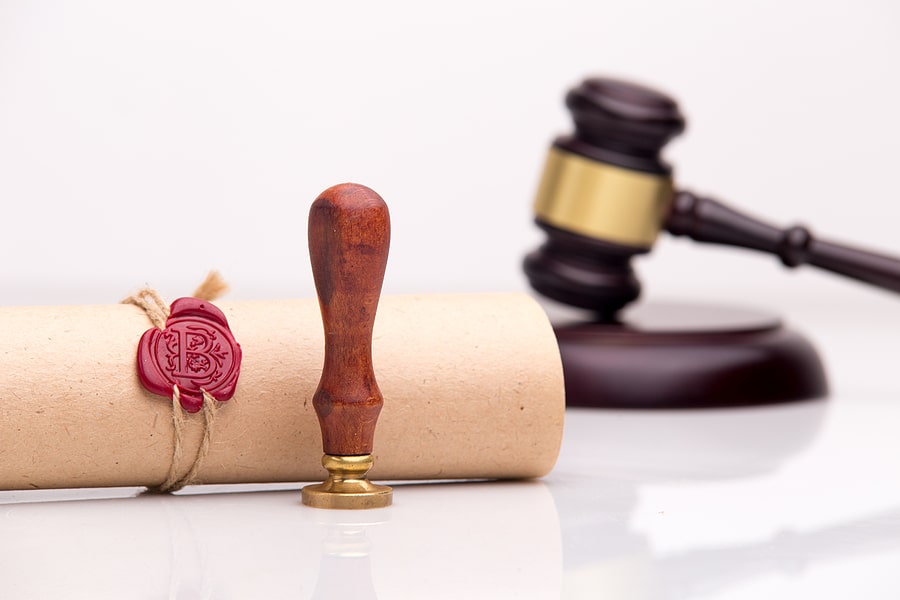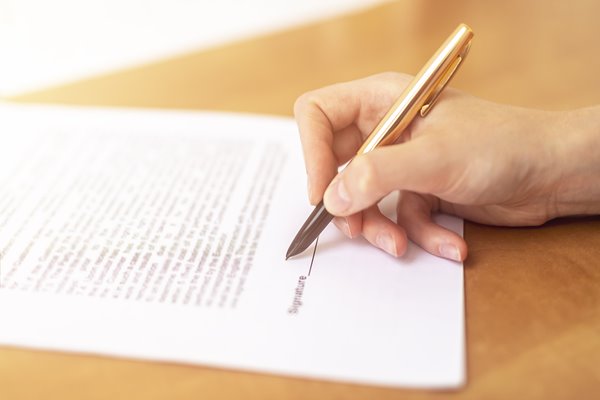In short, an executor is the person (or people) legally responsible for carrying out the wishes of someone in their will. They’ll collect in the estate and distribute it to the beneficiaries (those named in the will), and ensure any debts are paid.
Whilst you can be both a beneficiary and an executor of the will at the same time, as an executor you're simply representing the interests of the deceased. That means you're not personally liable for the deceased's debts and you wouldn't benefit from investments in the estate during probate.
What does an executor do?
The responsibilities of the executor include:
- Identifying everything in the estate. This includes things like money in bank accounts and pension payments.
- Collecting in all the assets. Making sure everything in the will is accounted for.
- Valuing the assets. It’s vital to know how much an estate is worth so you know how much, if any, inheritance tax needs to be paid. HMRC recommends having anything worth more than £500 valued professionally, including property.
- Calculating debts and liabilities. Things like mortgages and credit card loans will need to be repaid.
- Dealing with inheritance tax. You’ll need to fill in an inheritance tax form and pay any tax due from the value of the estate.
- Applying for a grant of probate. This means that the will can be accepted as a valid and legally-binding document. Find out more about probate or get quotes from local solicitors to help you with the process.
- Dealing with funeral costs. The executor will pay for the funeral costs, or reimburse someone if they have already paid them.
- Distribute the assets. The executor will distribute the assets to beneficiaries as is laid out in the will. Some of them might not be easy to find, and you might need to pay a tracing service.
- Drawing up accounts. This is so that the beneficiaries can see that everything has been accounted for.
- Act as trustees if the deceased set up a trust. For example, for children under 18.

Appointing executors
How do I choose executors?
You need to appoint at least one executor when you make a will.
As long as they are over the age of 18, you can name anyone as an executor of your will. They don’t have to be beneficiaries in your will, but they can be if you want.
Some people choose someone close to them like a spouse or their children, and some choose a professional like a solicitor (although these tend to charge, either with a bill following the work or by taking a share of the value of the estate). Whether you appoint a friend, family member or professional, the process for appointing them is the same.
You can have up to 4 executors. Whilst having many executors may not be practical, it’s recommended that you have at least two just in case one of them dies before you. You can appoint a substitute to do it if the first dies, so it may not involve them having to work together on it.
The most important thing is for your executor to be someone you trust. This is why many people choose a family member, although you should check with them before you appoint them and bear in mind that it’s a relatively big job to take on following the death of a loved one.
It’s also useful if your executor is good at paperwork and managing legal issues, but this is not essential, especially if you’re also appointing a professional as an executor.
Hiring a professional legal service provider might be a good idea if your will is complicated. Similarly, if you know it’s financially complex, it may be beneficial to hire an accountant as your executor.
How do I appoint executors?
Your executor's full name and address must be included in your will. Remember to update their address if they move. If they can’t be found they might not be able to carry out their duty.
What if I don’t have anyone who can be an executor?
If there’s no one who can act as an executor (for example, everyone close to you is under 18 or lacks the mental capacity to sort out your assets, and you can’t afford to hire a professional) you can appoint the Public Trustee as a last resort. The Public Trustee is a governmental body that can carry out most things that an executor could. However, bear in mind that if being executor of your estate includes managing a business or if the debt is more than the assets, you cannot appoint the Public Trustee as your executor.
Read more about appointing the Public Trustee.
Appointing an executor is a very important part of writing a will – it’s vital to have someone you trust carry out your wishes and resolve any disputes that might arise. If you have any questions or doubts during the will-writing process we recommend seeking advice from an experienced legal service provider.








